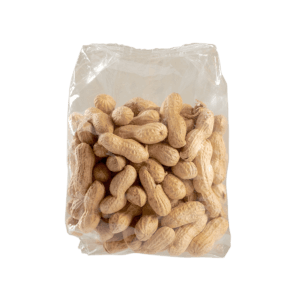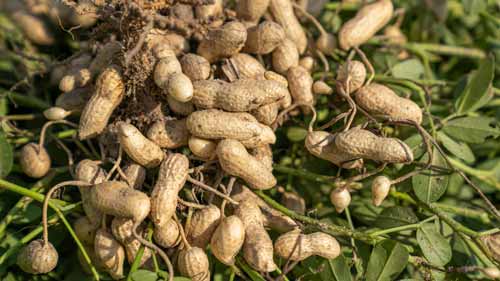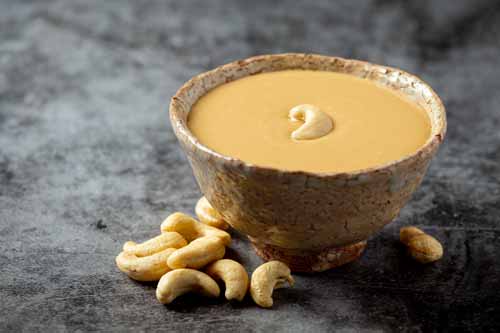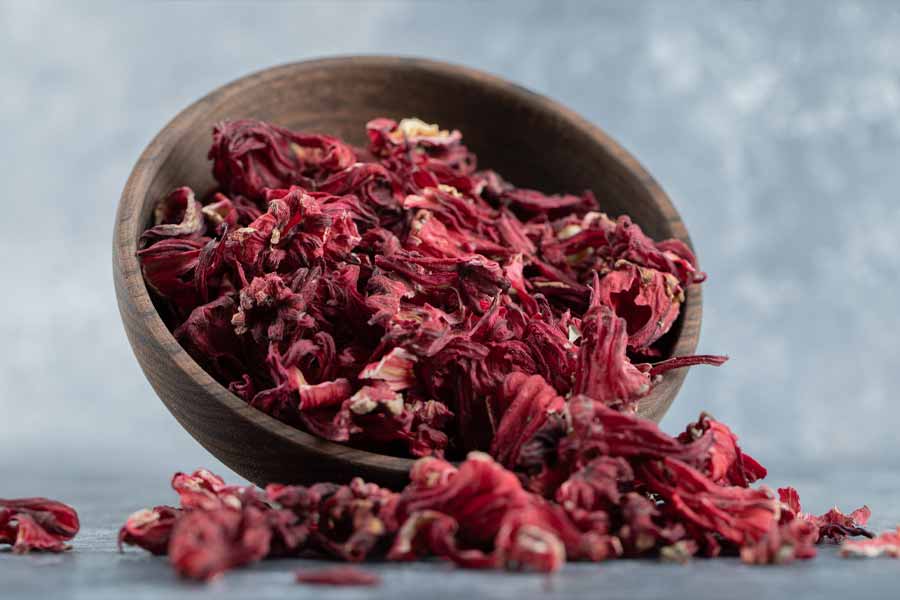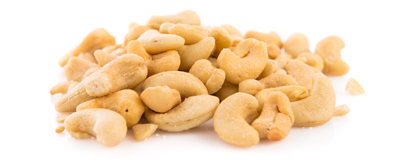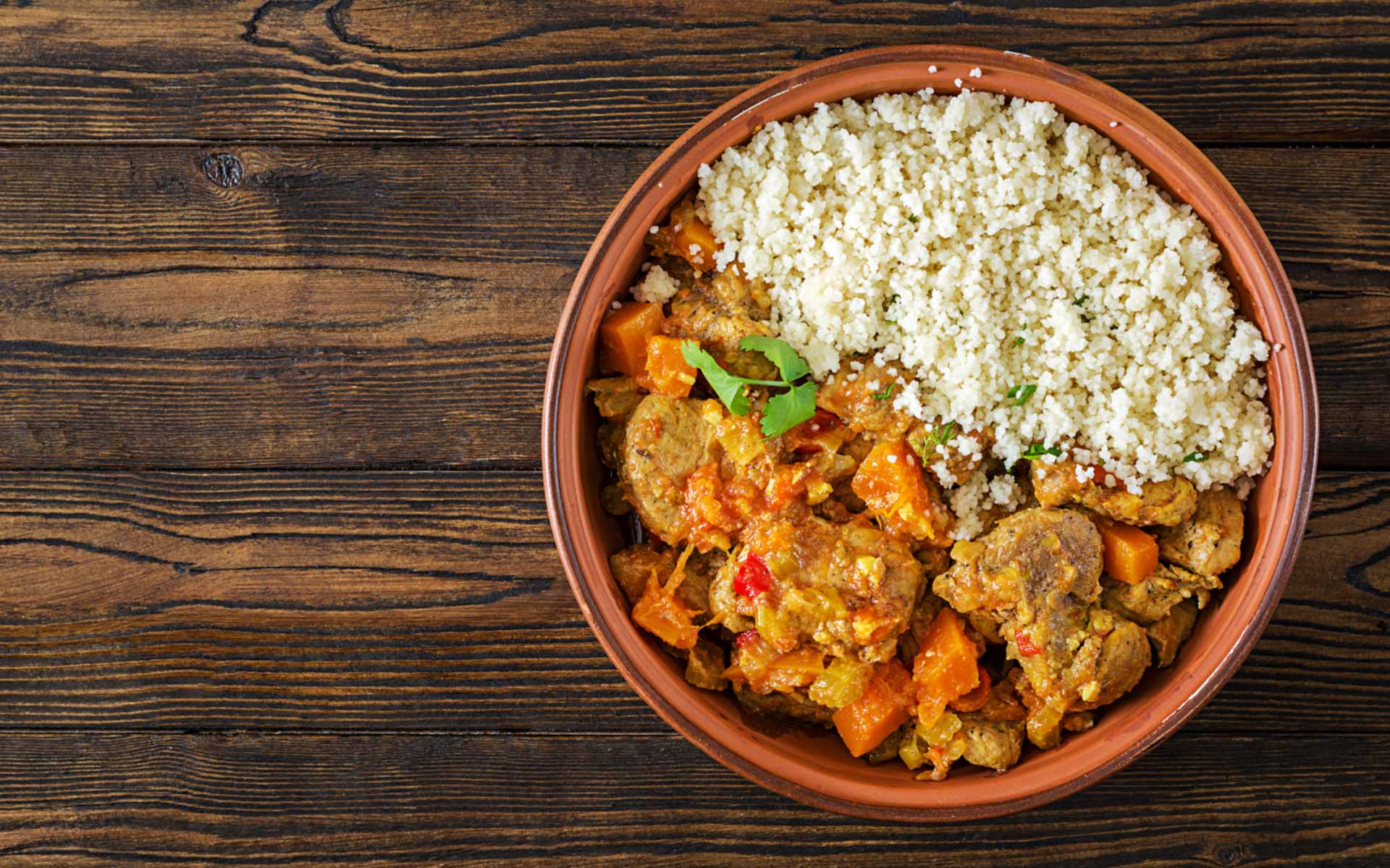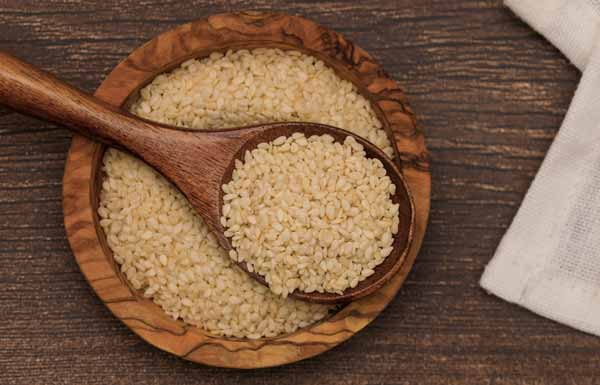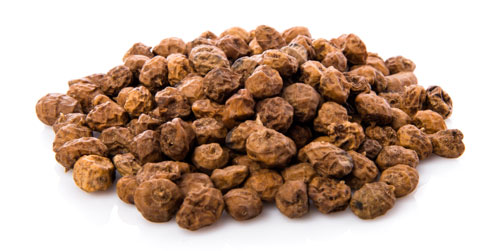A providential arrival in Africa: from the Americas to African lands
Although the peanut (Arachis hypogaea) is native to South America, where it was cultivated over 3,500 years ago, it found a second home in Africa. In the 16th century, Portuguese and Spanish traders introduced it to the continent, particularly in West Africa. The fertile soils and favorable climate allowed the peanut to thrive, particularly in countries like Senegal, Nigeria, Ghana, and Mali.
Its ability to grow in poor soils and provide affordable protein made it a lifesaver. Quickly adopted, it became a symbol of resilience in the face of food challenges. Our organic peanuts, grown in Africa, perpetuate this tradition, offering raw and authentic quality. Fun fact: In the Kongo language, the peanut is called “nguba,” a term that inspired the English word goober!
A pillar of African cuisine: from mafé to kuli-kuli
In Africa, peanuts aren’t just a food; they’re a culinary star. In West Africa, they’re the key ingredient in mafé, a creamy stew made from peanut paste, often served with rice or millet. In Nigeria, kuli-kuli, crunchy snacks made from crushed peanuts, are sold in markets and are beloved by all generations. In Sudan and Ethiopia, peanuts are used in spicy sauces that accompany meat or vegetable dishes.
Unshelled peanuts, like the ones in our shop, are also central to shared moments. In many communities, cracking the shells together is a social ritual, much like a cocktail hour back home. Tip: Shell your organic peanuts and turn them into a homemade paste for a mafé that will transport you to West Africa.
A symbol of conviviality and spirituality
Beyond cuisine, peanuts play a profound cultural role in Africa. In some communities, they are offered during ceremonies or used in rituals to symbolize abundance and fertility. For example, in Senegal, peanuts are sometimes shared at weddings or celebrations to bring luck to the newlyweds. Their shell, which protects the precious seed, is seen as a metaphor for protection and community.
This social connection is reflected in the way peanuts are consumed: in groups, around a bowl, with laughter and stories. Our organic unshelled peanuts capture this essence, inviting you to recreate these moments of connection. Idea: Organize an African aperitif with a bowl of unshelled peanuts, organic bissap, and an Afrobeat playlist!
African peanuts conquer the world
Thanks to trade routes and the African diaspora, peanuts were exported to other continents as early as the 17th century, carrying with them African flavors and know-how. In North America, enslaved African populations introduced recipes like boiled peanuts, influencing the cuisine of the American South. In Asia, particularly in Indonesia and Thailand, African peanut processing techniques inspired rich and spicy satay sauces.
Today, Africa remains a world leader in peanut production, with countries like Nigeria and Senegal among the largest exporters. Our organic peanuts, grown in Africa, pay homage to this global influence while respecting traditional methods. Tip: Roast your unshelled peanuts with a pinch of chili for an African-inspired snack that travels well!
African Peanuts Today: A Sustainable Future
The African peanut continues to shine. With its low ecological footprint—it enriches soils with nitrogen and requires little water—it is a model of sustainable agriculture. In Africa, it continues to play a key role in combating malnutrition thanks to its richness in protein, fiber, and vitamins (such as vitamin E and biotin). Modern initiatives, such as the production of peanut butter for feeding programs, demonstrate its potential to address current challenges.
Our organic unshelled peanuts embody this future. Grown without pesticides in Africa, they support local farmers and preserve the environment. Their raw shell connects you to history and the land, while offering unparalleled freshness. Whether you enjoy them as a snack or in a dish, they are a celebration of Africa, past and present.
Why choose our organic unshelled peanuts from Africa?
Our organic unshelled peanuts come directly from Africa, where they are carefully cultivated with respect for tradition and nature. Their natural shell ensures optimal preservation of flavors and nutrients, while adding a playful touch to the meal. In 100g bags, they are perfect for an aperitif, a nomadic break, or to enrich your recipes with an African touch.
By choosing our organic peanuts, you support an ethical supply chain, African farmers, and agriculture that respects the planet. It’s a delicious way to travel through history while making a responsible choice.
Celebrate African heritage with organic peanuts!
From the fields of West Africa to tables around the world, organic unshelled peanuts from Africa tell a story of resilience, sharing, and flavor. A pillar of cuisines and rituals, they continue to unite people around simple and authentic moments. Whether you indulge in them as an aperitif or transform them into a traditional dish, they offer you a piece of Africa in every bite.
Ready to taste this heritage? Discover our organic unshelled peanuts from Africa in 100g bags and let their story inspire you. Order now at [insert store link] and share your love for African peanuts with us!

